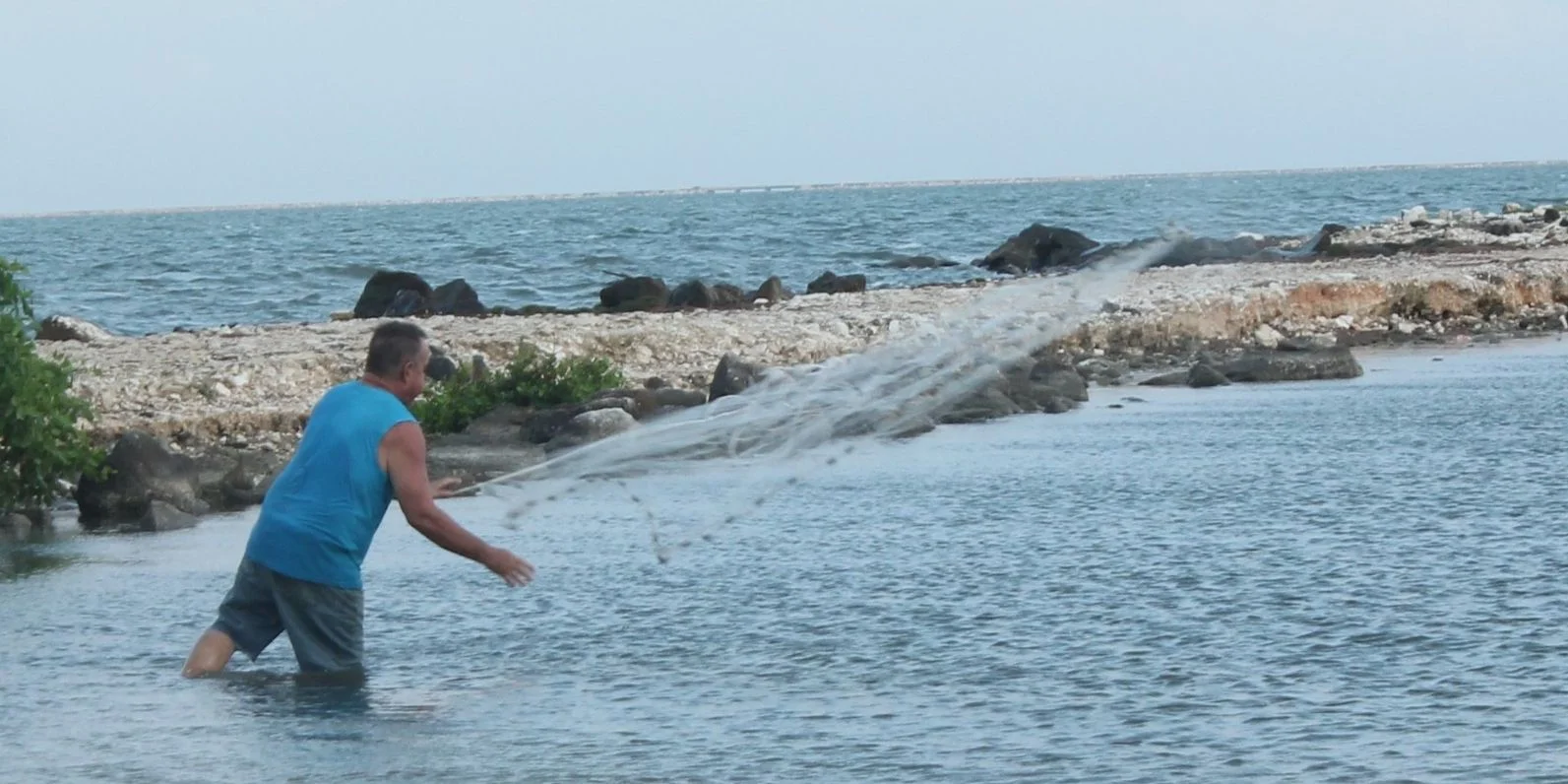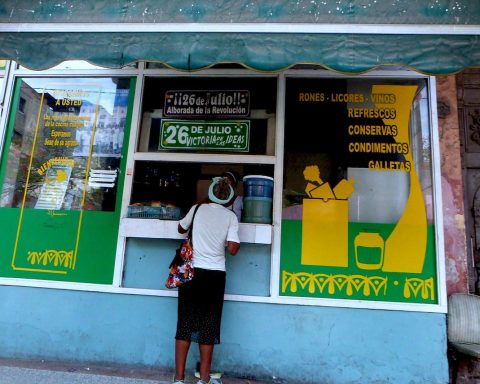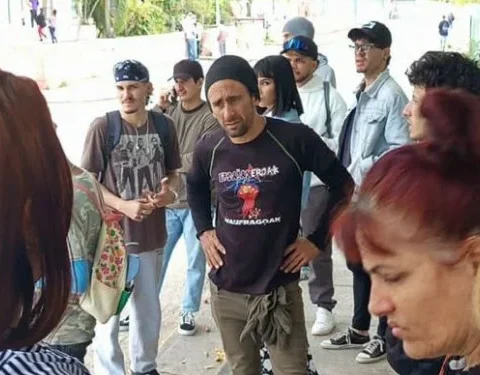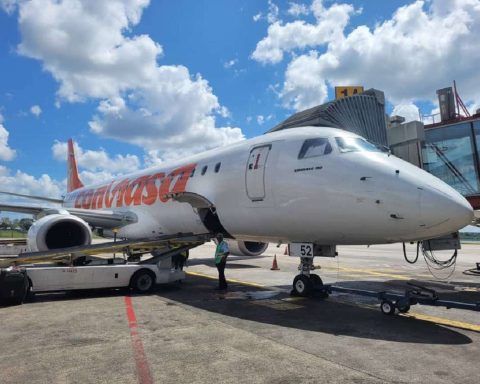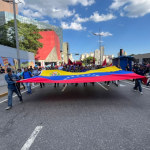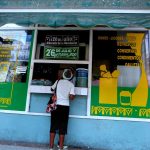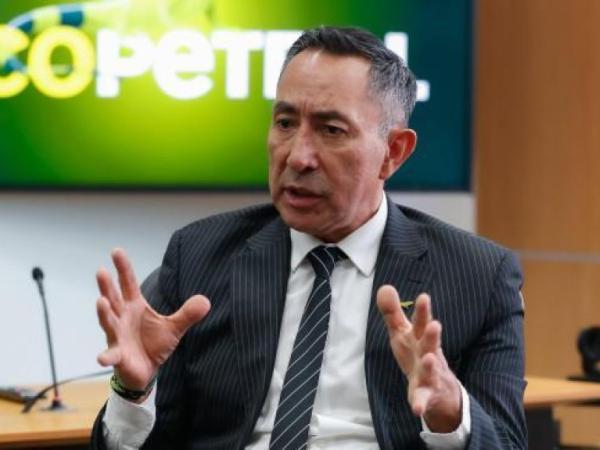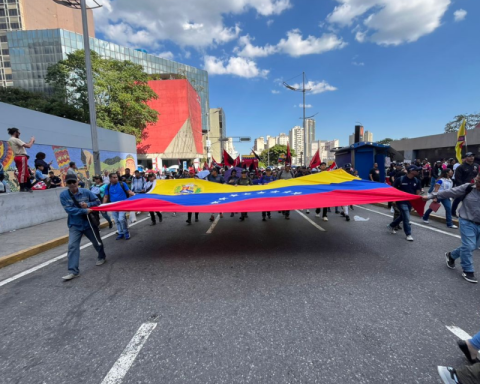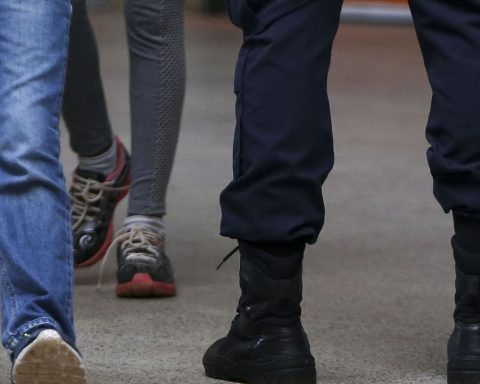SANTA CLARA, Cuba. – For more than a decade, a popular phrase became part of the Cuban proverb when it is intended to indicate a certain unfavorable exchange for one of the parties involved, and which acquires similar symbolism as the Spanish expression “cat for hare.” The saying “chicken for fish” is nothing more than the result of that very extensive colloquial dictionary emanating from the repeated shortages in Cuba.
For some years, fish was a food incorporated into the supply book for medical diets and the general population. Specifically, half a kilo per capita of the so-called horse mackerel or horse mackerel used to be sold per month, until imported chicken came to replace the in-demand product to this day. In fact, given the everlasting shortage in butcher shops, in 2017 the official media themselves they assured that it was decided to “eliminate the concept of chicken for fish and agree on the distribution of the former as part of the process of rearranging the family basket.”
In a country surrounded by the sea, it is paradoxical and even surreal that fish or seafood is not sold in state establishments, and that obtaining it in urban areas far from coastal towns is practically unthinkable. Recent data collected by The Touch In a series of reports they confirm that “each of the Caribbean islands that share geographical condition with Cuba maintain levels of fish consumption higher than those of the largest of the Antilles” and that this archipelago is behind countries with similar populations such as Haiti, Honduras and Guatemala.
Currently, fish and seafood are only regularly purchased in the informal market at quite high prices and, in the case of the province of Villa Clara, in recent months their sales have decreased “on the left” due to power outages. of more than 12 hours in cities or towns on the northern coast such as Caibarién and Isabela de Sagua, which prevents the proper conservation and subsequent trafficking of the food.
In other, less complex times, Yordanis Pérez, a resident of Caibarién with family in Santa Clara, would transport packages of fillets and snapper wheels or clean bonefish dough and offer them for Revolic with home service. He used to go to the main city two or three times a week to maintain this business in which everyone from the regular consumers of his merchandise to the fishermen of his municipality profited.
“I had it well frozen and packaged so that it would not smell in the buses, but now with the blackouts it is impossible, it spoils,” warns this intermediary, who also agrees that the in-demand food has certainly reached too high prices in compared to previous months, equating it to pork, the most expensive and speculative meat available in Cuba. In public buying and selling groups offers are promoted like this: just two pounds of snapper, sea bass or grouper fillet at 2,500 pesos. Lobsters and shrimp far exceed the previous figure.
“It has increased because there are those who are afraid of trafficking it and having it confiscated,” adds the man from Caibarien. “In addition, many fishermen are stopped because they do not have fuel or because they have been fined, others because their boats do not comply with what the law says. Those who continue fishing prefer to sell what they catch to restaurants that pay them even in dollars or to minutemen. [vendedores de pan con pescado empanizado]”.
In 2020, a new Fisheries Law came into force in Cuba after more than two decades without updating the previous legislation, which corresponded to 1996. The regulations sought to integrate those “non-state commercial fishermen” who, upon its approval, could apply for a license or contract with fishing companies. The measure attempted to incorporate these private fishermen into the social security regime and thus reduce illegal catches. However, the official media themselves acknowledge that many have been reluctant to contract with fishing companies, which are supposedly the ones that have “supply supplies to support the work they do,” such as ice to preserve the merchandise.
Since the entry into force of the Fisheries Law to date, new resolutions have come to modify this legal panorama in Cuba, especially those that allow fishermen to sell their products without having to be hired by a state company. “The problem is that when you sell to the State you don’t see the money for a while and that’s why many people prefer to take it on the street,” explains René Fleites, a fisherman from the coast of Trinidad, in Sancti Spíritus. “The price has gone up because the rods that cost between 10,000 and 15,000 pesos or the reels of twine also cost us. They put many obstacles in front of us, such as there are species that you cannot catch, for example, those that have a specific weighing, or going out in boats that they say are not suitable.”
In the province of Villa Clara, the newspaper Vanguard reported that, until last June, the inspectors of the National State Inspection Office (ONIE) had imposed 34 fines with a value of 97,000 pesos for violations of the Fisheries Law, especially on people who did not have a license, who used “non-established arts”, for carrying out underwater fishing on non-established days and the capture of toxic or prohibited species. In addition, the media indicated that, depending on the “seriousness of the detected infraction”, accessory measures may also be applied such as the suspension or cancellation of the license, the confiscation of the product or the vessels and devices used. Almost all of those fined operated in the area of the causeway that leads to the tourist area of Los Cayos.
All of the above, added to the danger involved in jumping into the sea in precarious conditions, has led to the very high prices of fish. Jonás, another fisherman from Caibarién, illustrates that it is impossible for those who carry out this activity on their own to guarantee a stable supply to deliver a portion to the State as dictated by law. “The first thing is that fuel has to be bought on the street, and it is not cheap,” he says. “Sometimes, what we catch are little buchitos that we barely have enough to consume ourselves and sell. If the State says it has no resources, imagine us going into the water with four sticks and pieces of polyfoam risking our lives.”
Specifically, in the so-called Villa Blanca, private fishermen They told the authoritieslast August, their dissatisfaction with the rules applied to them regarding minimum sizes, which differ from those allowed for state fisheries, which can fish larger animals; and the inability to acquire items for their boats such as batteries and spare parts.
Meanwhile, in Villa Clara, where there is a considerable number of establishments dedicated, in theory, to the sale of seafood – they are known as Pescavilla -, for some time now they have continued to offer “chicken for fish” (either croquettes, hash or sausages). Last week, at the Pescavilla in the Sandino district, only lobster heads were sold at the price of 80 pesos per pound. The clerk who attended the weighing explained that they had had quite a bit of output: “People take them, boil them and take out some dough to make rice.” In another one located on Martí Street these days “the river mince has blown up” because, according to a worker, “there are very few packages that the car brings for so much demand” and he immediately makes an account that is more similar to a lament: “Before they were hardly sold, people bought them for dogs and cats.”
